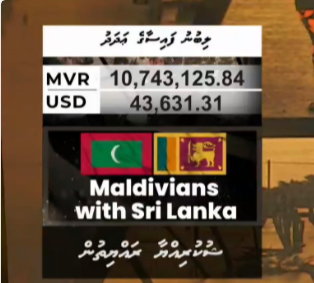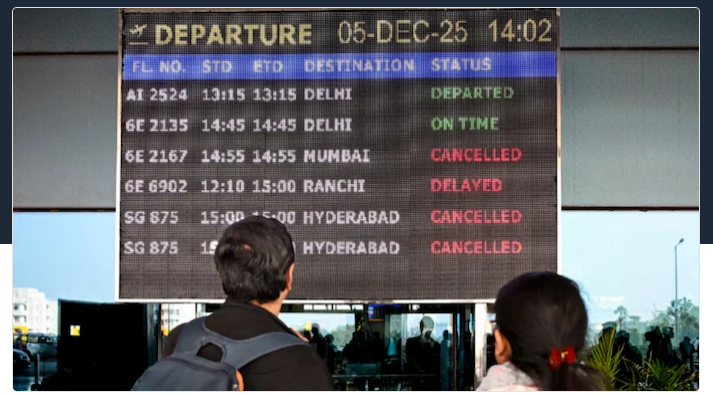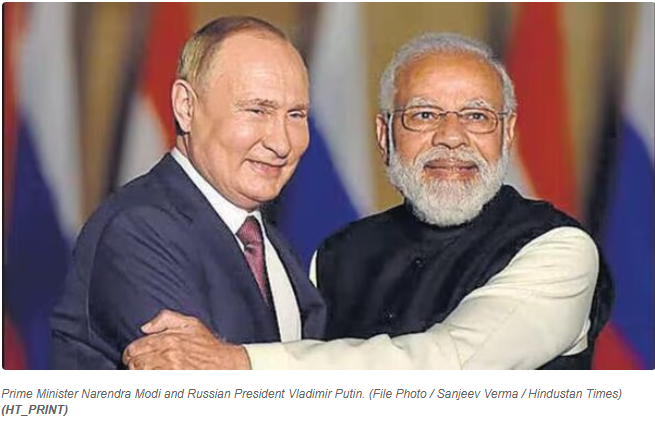In the recent unveiling of the 2023 Corruption Perceptions Index (CPI), the country found itself navigating the challenging terrain of governance, scoring 39 a one point drop from its 2022 standing of 40. Hovering below the global average of 43, this subtle descent raises poignant questions about the country’s resilience against corruption and its commitment to transparency. Importantly, this downward trend has been persistent during President Solih’s term in office.
Rule of Law: A Fragile Foundation
At the heart of the Maldives’ struggle lies the persistent frailty of its rule of law. This cornerstone principle, asserting that all individuals are subject to the law regardless of status, becomes a crucial deterrent against corruption. Yet, in the country, this foundation appears fragile, creating fertile ground for corruption to take root.
Transparency Woes: Shadows Cast Over Accountability
Further compounding the nation’s challenges is a conspicuous lack of transparency within the Maldivian government. Citizens find themselves grappling with limited access to information that could hold officials accountable for their actions. This dearth of transparency not only erodes public trust but also crafts an environment where corruption thrives, shielded from public scrutiny.
Impunity’s Haunting Grip: A Haven for Wrongdoing
Adding to the intricate tapestry of Maldives’ corruption landscape is the unsettling culture of impunity. Corrupt officials, more often than not, evade punishment, fostering an environment where wrongdoing remains unchecked. This pervasive impunity acts as a chilling deterrent for individuals hesitant to expose corruption, fearing repercussions from those in power.
While the Corruption Perceptions Index remains a perception based metric, its utility in identifying potential corruption risks cannot be understated.











